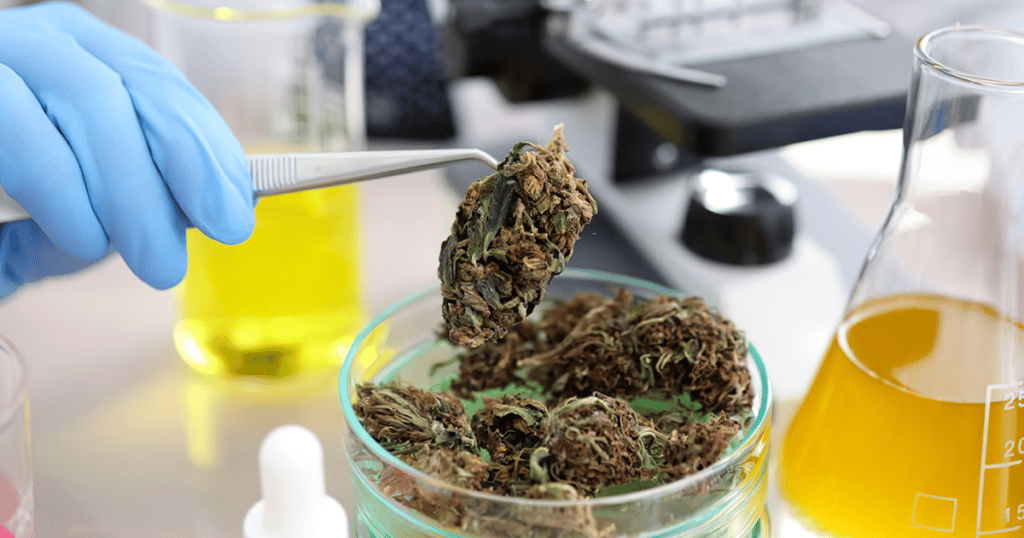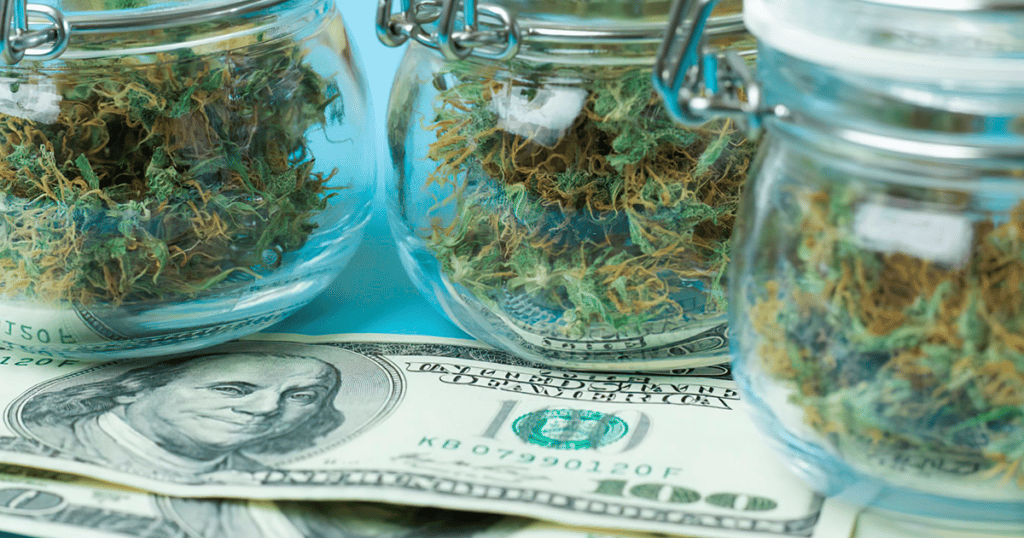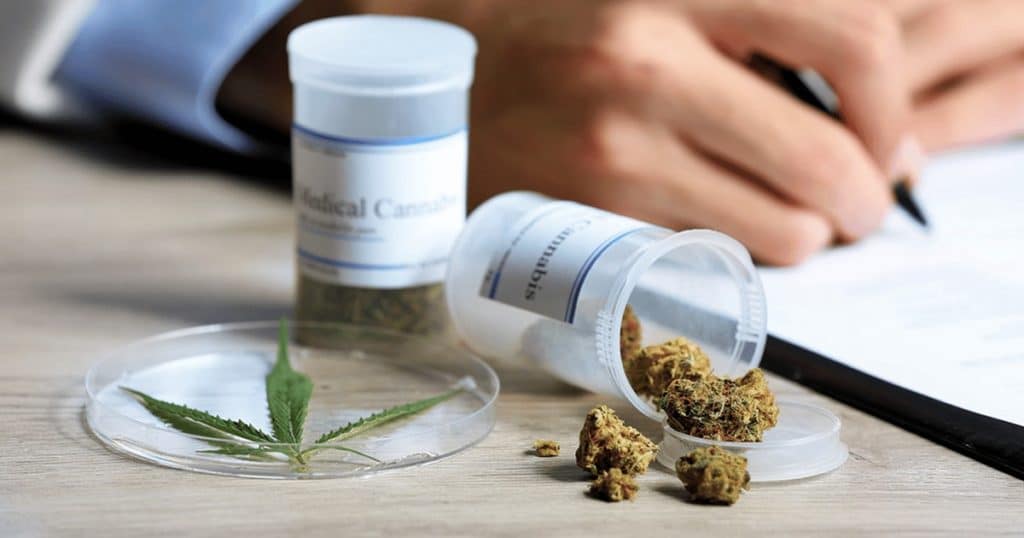Imagine you run the only sports club in town. Now imagine other sports clubs want to open up. You don’t want that. Your members might leave and go somewhere else. You have connections with the Mayor, and he has the power to make sure no other sports clubs can open up in your area. Your sports club becomes successful and powerful, but one day, someone starts a sports club from their backyard. The Mayor can’t stop this because it’s not really an official sports club. You lose a few members, but a lot of people prefer the legitimacy of a “real” sports club with “approved” facilities, so you hang in there. You try to sabotage the other guy by spreading damaging rumors about him to your own athletes.
But it grows; people love it there. They do well in their competitions, and they start asking why they can’t make it an official club with its own premises and everything. The guy who started it agrees. His yard has become quite inadequate for what his athletes need. You don’t like this at all, so you make up a story about underaged drinking at the unofficial sports club to bias the Mayor against them. It works. For a time. And then things change.
And that is where the world stands now. Things are changing. You might have guessed that we’re not talking about sports clubs here. For a very long time – we’re talking decades here – marijuana users have been trying to explain what has up till now been largely ignored by the mainstream: marijuana is a safer, kinder alternative to pharmaceutical treatments produced by Big Pharma.
The Study
The potential sales of pharmaceutical products offered by publicly traded enterprises, such as Pfizer, after the legalization of cannabis products, were reported in a study conducted by researchers from California Polytechnic State University and the University of New Mexico.
The study looked at the impact of cannabis products across all sectors of the medical industry and all patient types. This is the first study of its kind, and is titled “U.S. Cannabis Laws Projected to Cost Generic and Brand Pharmaceutical Firms Billions”. As the title would indicate, the outlook is not good for Big Pharma.
For the whole report, find the study here. We recommend a full read.

The Message
The message the results of this study sends to the world is what proponents of marijuana products have been saying for decades, and conversely, what Big Pharma has been saying about marijuana products for decades is false.
It also indicates the motive for the protracted demonization of the plant by Big Pharma is not the health and wellbeing of the citizens of the world, but pure, unbridled greed. This, in itself, shows Big Pharma’s self-interest at the expense of people who are sick and need effective treatment; another claim that has been ignored for decades by the mainstream.
The study finds within ten days of legalization of marijuana, pharmaceutical stocks fell up to 2%, and full legalization could result in up to 11% reduction in pharma sales.
This could indicate a larger problem for pharmaceutical companies. The implications for long term consumer trust levels are negative, and without some kind of significant shift in their business model, Big Pharma will undoubtedly suffer.

The Last Resort
That’s enough reason to want to close down the other club. But what if that’s not possible? If you can’t close the other club down, and they need a bigger place to go, you might just consider opening up another sports club down the road and inviting the other guy to move his club there. Of course, he would have to pay rent and royalties. But you can get the Mayor to approve it, and he can keep the club name. Members wouldn’t need to know, would they?
“Enjoyed that first hit? Come chill with us every week at the Friday Sesh for a freshly packed bowl of the week’s best cannabis news!”

















